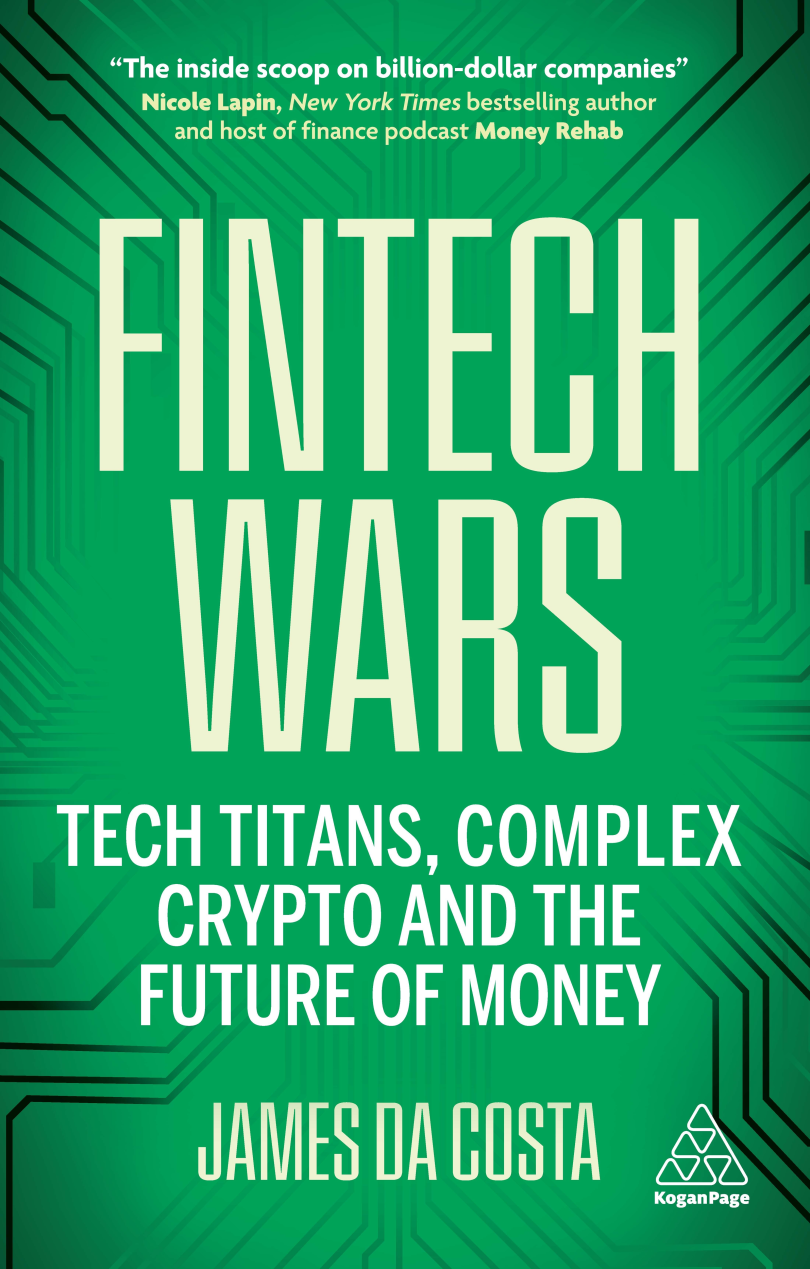These pillars represent correlations, not causes. Past performance does not necessarily indicate future success.
Of course, if there were an exact formula, Keith Rabois exclaims, “The job of an investor would probably be easy.” However, there’s no harm in studying the actions, products and execution of founders who have navigated the intellectual maze to unicorn status, generational company and beyond.
What Are Some Pillars of a Fintech Unicorn?
- Founders who build long-term, transparent relationships with each other and their investors.
- Startups that own a robust tech stack.
- Fintech developers who take inspiration from and build upon other products.
1. Being Transparent With Your Team
To build a long-term company, you must build long-term relationships — from the beginning. Addressing conflict early is conducive to longevity.
Reid Hoffman encourages founders to “work with people [as if] you’re planning on working with them your entire life. When you have conflicts, surface them early in productive, constructive ways. When you iterate on relationships, surface the things you like, but also the things that conflict.” That way, you can create a shared mission that you both invest in.
Reid advocates that two partners working together effectively achieve more than several in isolation: “One plus one is greater than five.”
“You’re going to want to create institutions that outlive you anyway,” Reid continues. “The best way for them to outlive you is [to] help them get to that stage, [where it’s] going without you being there.”
Founders cannot implement their visions alone.
They need exceptional talent around them. Newfront founder Spike Lipkin emphasizes that “If you have the right strategy and the right market, your success is entirely determined by the caliber of talent you can recruit and retain.” He actively pursued top talent from giants like Uber, recognizing that exceptional hires can propel a company forward.
David Vélez often chose people who were all-in on the company’s mission and who quickly grasped Nubank’s concept, even if they lacked traditional experience. At PayPal, Reid Hoffman partly attributed the company’s success to its ability to attract “very high energy, high talent, high IQ, young people.”
A lot of the founder journeys chronicled in this book emphasize transparency. Monzo even live-streamed all their meetings for anyone — even competitors — to tune into. This openness not only fostered trust among employees but also became a powerful marketing tool. Transparency and candid communication are what enabled the co-founders to get through the most difficult periods together.
The same is true for investors. Scott Kupor, managing partner at a16z, embraces a key tenet of the legendary venture firm: Open and honest communication. One of the founding partners, Ben Horowitz, known for his direct approach, challenges Scott and the team to “sharpen the contradiction,” to clarify specific points of disagreement and confront those issues.
At a16z, rather than ignore the elephant in the room, the team placed it on the table and discussed the problem. Scott attests, “What I’ve learned, mostly from Ben, is you’ve just got to deal with these things. All the coping mechanisms you try to put in place just never work. The reality? As painful as a direct conversation is, the likelihood of getting to a good outcome is just so much better.”
Kevin Hartz, who co-founded Eventbrite with his wife Julia, emphasizes the value of “having real partners and listening to them. Having seen a lot of messy founder divorces, it’s so meaningful to win the war, not just the battle.” This can sometimes mean giving tough feedback when it needs to be given, so it doesn’t come back as a major issue down the line.
To ensure a startup survives, you need a great team to steward it. Address conflict and promote transparency to build a company that outlasts you.
2. Owning Your Tech Stack
World-class technology stacks deliver a distinct customer experience. Controlling their technology stack, fintechs can customize and innovate at a pace that third-party solutions cannot match.
Nubank’s chief technology officer emphasized the importance of being the system of record to ensure complete control over operations and customer interactions. Unimpeded by limitations and delays of external technology, Nubank was able to adapt swiftly to market demands and regulatory changes, setting it apart from competitors.
Possessing your tech stack can save costs in the long run. Monzo, for example, initially relied on third-party APIs, which resulted in a high cost per user. By building more technology in-house, Monzo slashed this cost from around £65 to £20 per user.
Owning the tech stack, or at least the source of truth on customer data, enables companies to become a system of record. Their customers are critically dependent on them, and better still, other businesses may want to use their data to build on top of their platform.
Capital One’s Nigel Morris concludes, “Velocity is only possible if you have the right tech stack.”
3. Taking Inspiration From Similar Products
Identify complementary fast-growing platforms.
Pete Flint, co-founder of Trulia, recalls piggybacking Google’s explosive escalation by providing much-needed content for the search engine and using search engine optimization as a nascent, yet effective, marketing strategy.
PayPal similarly leveraged eBay’s leading position to gain access to a large customer base and become the preferred checkout option. In turn, Kevin Hartz, an angel investor in PayPal, describes their partnership as “mutually beneficial … Most biz dev deals are terrible. Two companies want to do something, and they’re usually grossly misaligned.”
But PayPal was an exception. “PayPal was 99 percent on eBay, so people saw it as this kind of parasite,” leeching off the platform’s success, “whereas we saw auctions were the first vertical, and we were going to help them diversify into more.”
Serial entrepreneur and investor Kevin Hartz exemplifies the strategy of building upon existing platforms. After founding Xoom, a cross-border money transfer service that leveraged PayPal’s infrastructure (acquired by PayPal in 2015), he went on to co-found Eventbrite and A* Capital.

Kevin observes that successful platforms often act as springboards for others: “Stripe’s entire business is a platform for others to build payment applications upon.” This reflects the growing trend where companies offer APIs and tools, empowering developers to seamlessly integrate functionalities like payments into their applications.
“If you look at tech history, when a new platform emerges, whether it’s the Windows operating system or it’s iOS and the iPhone, whether it’s PayPal or Stripe, developers build on top of those new platforms, and that’s where a tremendous amount of value accrues.” Kevin has seen this happen “time after time” and laments the “misnomer of calling anything that’s built using OpenAI a wrapper.”
So when the tech industry knocks these products “calling them just a wrapper on top of OpenAI, a thin wrapper that doesn’t add value, it discounts what has been achieved through history.” There is a pattern where “a great platform gets developed and released to the world,” and great companies are built on top.
In launching ChatGPT, OpenAI’s Chief Executive Officer Sam Altman has “unleashed the power of large language models.” Developing these foundational large language models that ChatGPT relies on “took a very separate expertise.” Just as OpenAI was built on LLMs, Kevin argues, “We should be working with founders that are building to extend its capabilities, because there’s an infinite number of ideas that can be built on top of OpenAI.”
Piggybacking does not have to be restricted to emerging technologies. Tencent’s WeChat Pay successfully beat Alibaba’s Alipay in the Red Packet Wars, jumping on the cultural tradition of sending red envelopes at New Year. In turn, many startups have built on top of Alipay and WeChat Pay.
This edited extract is from Fintech Wars by James da Costa ©2024 and is reproduced and adapted with permission from Kogan Page Ltd.





